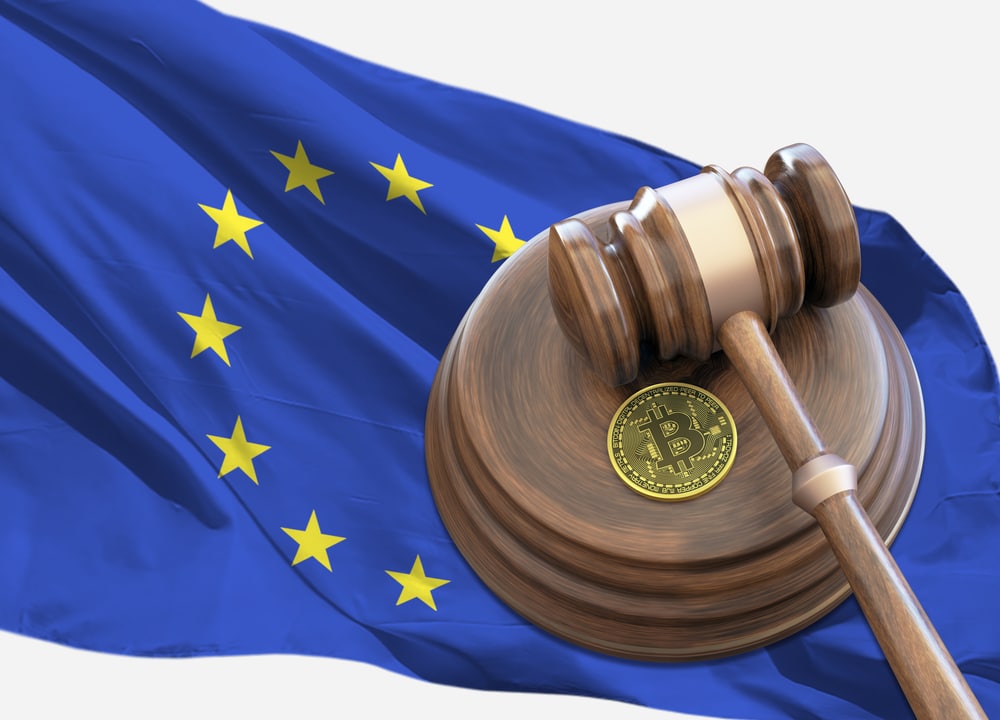This week, the European Union has introduced a fresh wave of sanctions that specifically target Russian nationals in executive roles within the cryptocurrency industry. These sanctions, which were outlined in a declaration released on December 18, aim to block Russian individuals from assuming ownership, control, or any executive positions in companies that offer services related to crypto-asset wallets, accounts, or custody to Russian citizens or people residing in Russia.
EU Expands Sanctions to Restrict Russian Influence in Crypto Companies
With an intensified approach to its sanctions regime, the European Union has revealed new restrictions this week, focusing on Russian individuals who occupy top positions in the cryptocurrency industry. Released on December 18, the new list of sanctions enforces a ban on Russian individuals from taking on influential roles, including ownership, management, or board positions in businesses providing crypto-asset wallets, accounts, or custody services to Russian nationals and residents.
The broadening of this latest sanction encompasses high-level roles in cryptocurrency exchanges and trading platforms. However, the complete scope of account services affected by this prohibition is yet to be fully clarified. This is the twelfth set of sanctions from the EU, directed at preventing the evasion of previously imposed sanctions using cryptocurrency channels.
This follows the EU’s prior sanctions package from October 2022, which banned the offering of crypto wallets and other services to Russians but did not restrict them from occupying pivotal positions within cryptocurrency businesses.
EU’s Enhanced Measures to Prevent Sanction Evasion via Cryptocurrency
The European Union’s current sanctions against Russian entities in the cryptocurrency sector are a continuation of actions that have been in development since at least March 2023. This endeavor seeks to seal potential gaps that may permit Russia to sidestep international sanctions by utilizing digital currencies. This concerted move to regulate digital currency activities was first reported by Reuters in early 2023, reflecting a calculated plan to mitigate sanction evasion through cryptocurrencies.
Outside the jurisdiction of the EU, various Russian individuals linked to cryptocurrency enterprises have encountered legal repercussions and sanctions on an international scale. Among them are Alexander Vinnik and Aleksey Bilyuchenko, who co-founded BTC-e, and Anatoly Legkodymov, the proprietor of Bitzlato.
Legkodymov admitted to his wrongdoings in the U.S. courts on December 6. Concurrently, Vinnik and Bilyuchenko faced charges in the U.S. in June; Vinnik has also been previously sentenced by the French judiciary. Both BTC-e and Bitzlato have been dismantled following these events.
Another noteworthy individual is Roman Semenov, the co-creator of Tornado Cash, a decentralized cryptocurrency mixing service. Although Semenov was indicted by the U.S. Department of Justice in August 2023, his whereabouts remain unknown. At the same time, the U.S. Treasury Department also placed sanctions on Semenov. These collective international efforts aim to curb the exploitation of cryptocurrency infrastructures by Russian nationals for potentially illicit purposes.

